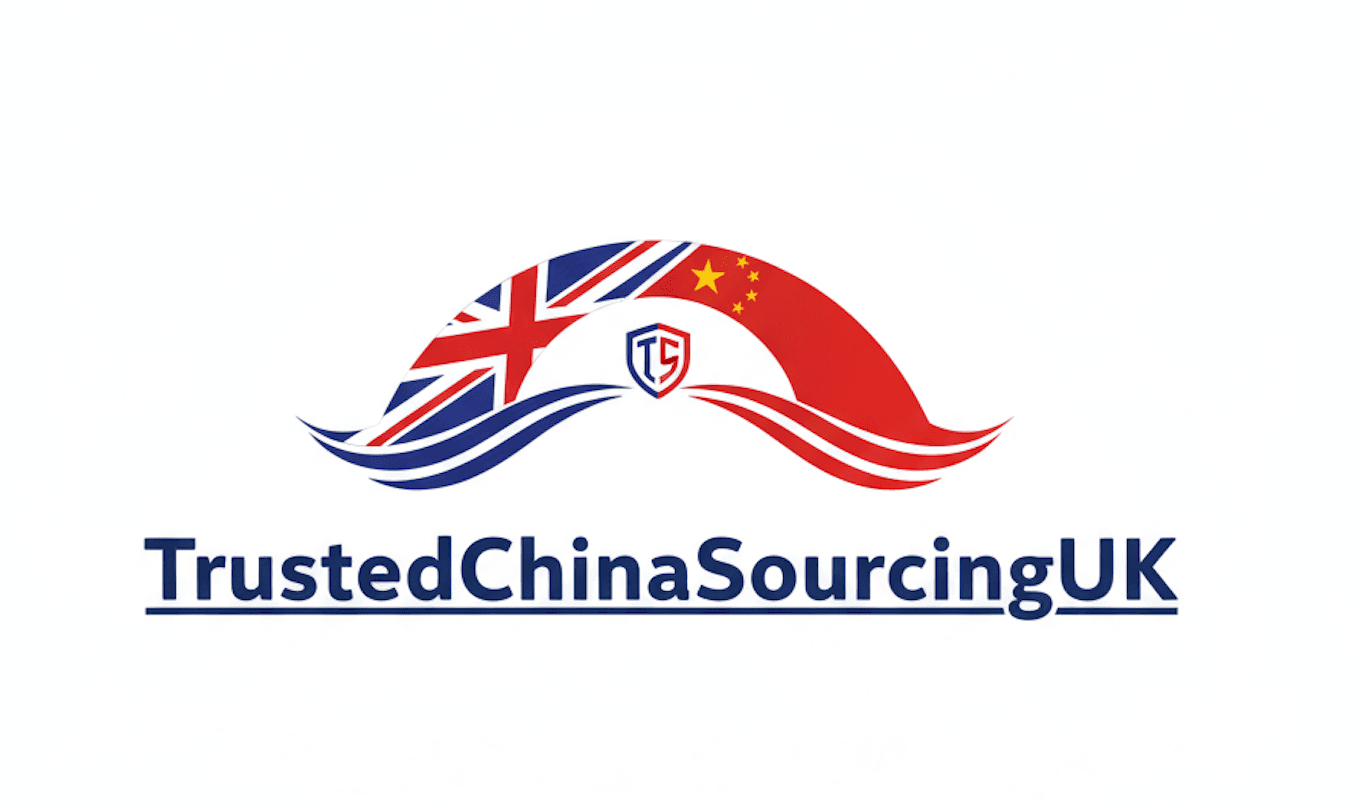Expert Tips for Successful International Trade Negotiations
Understanding Cultural Differences
One of the key factors in successful international trade negotiations is understanding cultural differences. Different cultures have varying approaches to business, communication styles, and decision-making processes. Being aware of these differences can help you navigate negotiations more effectively and build strong relationships with your international partners.

Research and Preparation
Before entering any negotiation, thorough research and preparation are essential. Understand the market, the needs of your counterpart, and the competitive landscape. The more informed you are, the better equipped you will be to make compelling arguments and propose mutually beneficial solutions.
Effective Communication
Clear and effective communication is crucial in international trade negotiations. Language barriers can pose significant challenges, so consider hiring an interpreter if necessary. Additionally, be mindful of non-verbal cues, as they can vary greatly between cultures and significantly impact the negotiation process.

Building Trust and Relationships
Trust is a cornerstone of successful negotiations. Invest time in building genuine relationships with your international partners. This can involve face-to-face meetings, regular communication, and demonstrating reliability and integrity in your business dealings. Trust fosters an environment where both parties feel confident in reaching agreements.
Setting Clear Objectives
Before negotiations begin, set clear and realistic objectives. Know what you want to achieve and identify your priorities. This clarity will guide your negotiation strategy and help you stay focused on your goals, ensuring that you do not concede on critical points.

Flexibility and Adaptability
While having clear objectives is important, flexibility and adaptability are equally crucial. Be prepared to adjust your approach based on the dynamics of the negotiation and the responses you receive. Flexibility demonstrates a willingness to collaborate and find solutions that satisfy both parties.
Leveraging Technology
In today's digital age, technology plays a significant role in international trade negotiations. Utilize tools like video conferencing, digital contracts, and collaboration platforms to facilitate communication and streamline the negotiation process. These tools can also help bridge gaps created by geographical distances.

Understanding Legal and Regulatory Requirements
International trade involves navigating complex legal and regulatory landscapes. Familiarize yourself with the relevant trade laws, tariffs, and regulations that apply to your negotiation. Consulting with legal experts can ensure compliance and prevent potential legal issues down the line.
Conclusion
Successful international trade negotiations require a blend of cultural awareness, effective communication, strategic planning, and adaptability. By focusing on these areas, you can enhance your negotiation skills and achieve favorable outcomes in the global marketplace.
